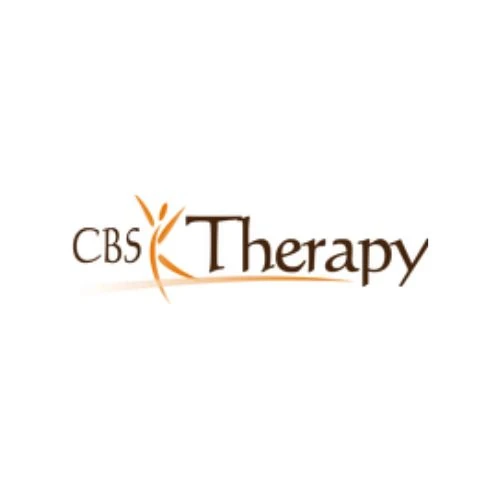A speech-language pathologist (SLP) also known as a speech therapist is an expert health professional in treating people with speech, language, and swallowing problems.
Speech-language pathologists (SLPs) handle a wide range of communication disorders among children and adults in clinics, schools, and hospitals.
In this article, we will outline a list of disorders that SLPs can work with.
An SLP has many responsibilities including the evaluation, diagnosis, and treatment of a person’s communication and/or swallowing status.
An SLP’s core competencies include speech, language, and related disorders evaluation and treatment as follows:
1. Speech Issues
These issues occur when individuals have difficulty producing speech sounds correctly. This includes distortions, substitutions, and omissions of sounds.
2. Fluency
The ability to produce speech fluently. Common problems with fluency include stuttering (sound, syllable, word, or phrase repetitions), interjections, and/or blocking of sounds.
3. Voice
When there is a suspected voice disorder the client must first see a medical doctor to get a diagnosis and a prescription for therapy. Depending on the cause of the disorder a personalized treatment plan will be developed for the client.
4. Language Problems
Receptive language disorder: This is a disorder where the client has difficulty understanding and synthesizing language
Expressive language disorder: This disorder is characterized by a difficulty formulating language.
Aphasia: Inability in speaking and understanding others is a state that is generally caused by damage to the brain.
Pragmatic Language Disorder: Difficulty using language in a socially appropriate way
5. Feeding and Swallowing
Swallowing: Referred as dysphagia, this disorder has consequences like pneumonia, poor nutrition, and unhealthy weight loss and occurs both in children and adults.
An SLP’s Role in Schools
SLPs are part of the special education team in public schools. SLPs are part of the overall evaluation process when a student is struggling academically. The SLP will conduct a speech and/or language evaluation to determine is speech-language support is warranted.
In larger districts SLPs may specialize in an age group, for example, pre-k, in smaller districts and SLP may be expected to work across the entire range of grade levels, from pre-school through high school.
Speech-language therapy in the school is typically provided in a small group setting, however, it can also be provided 1-1 or in the classroom.
Speech-language therapy in schools primary and only function is to help a student “access the curriculum” in other words it is provided as support for the child’s schoolwork. Some speech-language disorders may not qualify for services in school. If your child has a speech-language disorder that the school will not work on you can bring them to a clinic outside of school for services.
If you think your child could benefit from speech-language help, you can let us know by visiting our page here - https://cbstherapy.com
In case you are looking for a Speech-Language Pathologist Job, then CBS Therapy could be the right place for you. CBS Therapy is the premier provider of school-based and pediatric special education staffing services in the Northeast.
We have opportunities for SLP Jobs in RI. For more info related to SLP Jobs at CBS Therapy, call our Career Specialists at 480-360-3654 or visit us at https://cbstherapy.com/career-opportunities/


